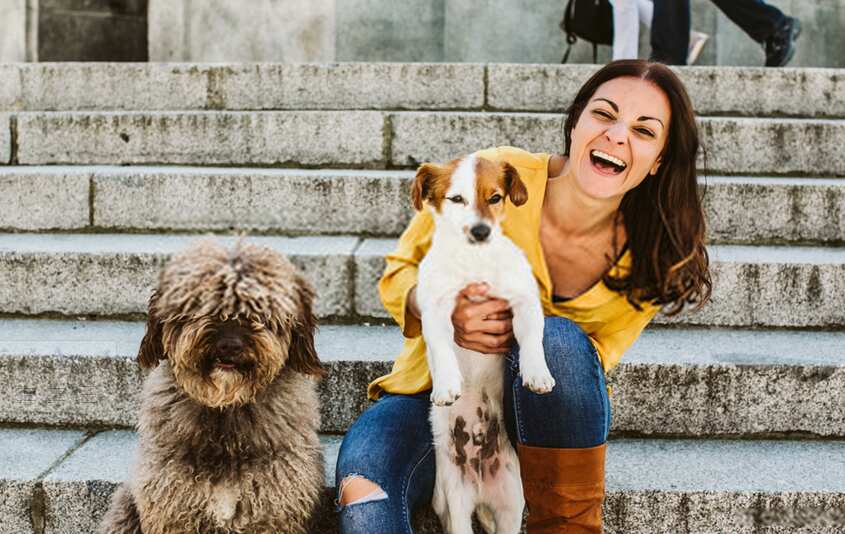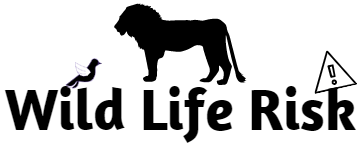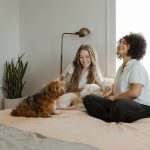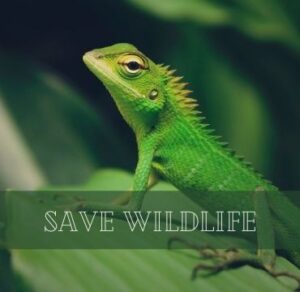How to Socialize your Puppy and Rescue Dog During Coronavirus Pandemic

Puppy Socialization means helping them become adjusted to the world, both inside and outside of your home. How can they be socialized so they can grow to be confident and happy dogs during this time of necessary social distancing due to Coronavirus? Having a dog who is well adjusted and confident can even go as far as to save his life one day.
Having concerns about your puppy socialization? Are you worried about your puppy getting infected?
According to the American Veterinary Society of Animal Behavior, improper socialization can lead to behavior problems later in life.
Many people have questions about the transmission of the Coronavirus from their pets.
Currently, experts believe it is very unlikely. The World Health Organization currently advises that there is no evidence to suggest that dogs can be infected with the new coronavirus. The OIE states there is no evidence that dogs play a role in the spread of this disease or that they become sick. The CDC also seconds that opinion, stating that, “At this time, there is no evidence that companion animals including pets can spread COVID-19.”
Top Ten Puppy or Rescue dog Socializing tips During the times of Social Distancing:
Sit with your puppy on the terrace: You can still help your puppy get new experiences even on lockdown by letting them watch the world outside, listening to sounds, and seeing people or cars go by.
Introduce your puppy to food bowl exercises: Teach your puppy to enjoy having people approach her bowl while she’s eating. This will help to prevent resource guarding, which occurs when dogs feel anxious about others approaching their own valued resources.
Wear different glasses, masks, costumes, hats, uniforms: Introduce your puppy to several new people every day, keeping the interactions pleasant and unthreatening. You can also have another person in the house to do the same things.
Expose them to different sounds: Expose him to kitchen sounds, telephones ringing, children playing, sportscasters yelling on TV, radios playing, buses moving by, and so on.
Introduce the puppy to different areas: of the house where they are not generally allowed. There are lots of different places within a house and garden to explore. Show your pup that they aren’t a big deal and reward them with treats.
Socialize your puppy with different surfaces like Bean bags, Tiles, Floorboards, Bubble wrap, Different walking surfaces, Wobbly bridges, Heights.
Make their daily experience fun & positive: Most importantly, when introducing all of these new experiences to your puppy, make sure he’s getting an appropriate number of treats and praise.
Make sure your puppy gets plenty of exercises: Appropriate exercise depends on the age of your puppy, but gentle fetch games and short walks can all burn off excess energy. Keep exercise sessions short and allow the puppy plenty of rest periods.
A puppy needs to have their “ME” time! give your puppy some alone time during a day, either in his crate or in a room. This may sound unnecessary if you work from home or are retired, but if you don’t do this it can set the stage for separation anxiety later on.
Learn Handling Young puppies should be cuddled and handled daily by as many different people as possible. Keep the contact gentle and pleasant for the puppy. Hold the puppy in different positions, gently finger her feet, rub her muzzle, stroke her back and sides, look in her ears.







